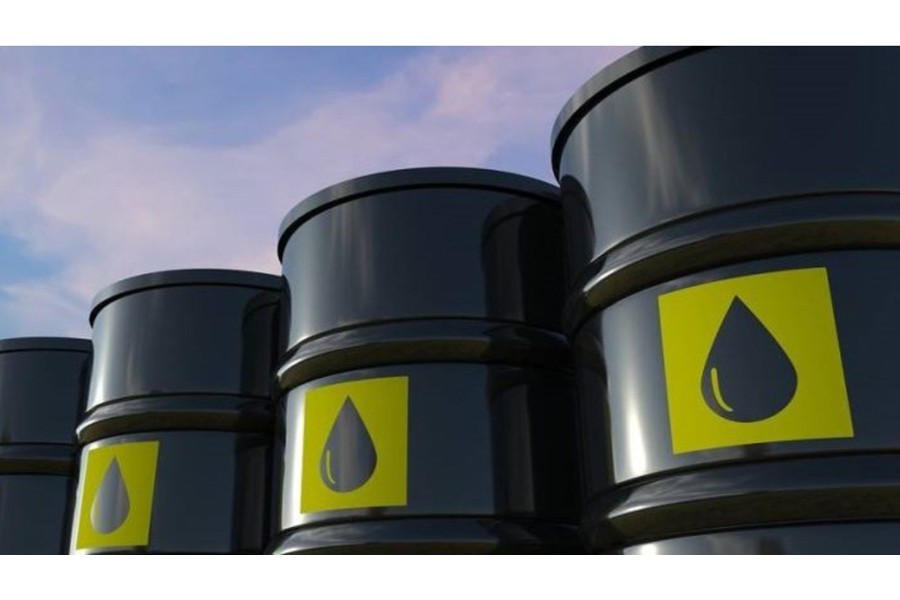
Published :
Updated :

Bangladesh Standard and Testing Institution, or BSTI, has moved to lower the specification of petrol allowing local use of dirtier fuel that threatens environment and engines of motor vehicles.
The state agency for controlling standard of service and quality of the goods sent a letter to the secretary of the Ministry of Industries last week to implement the downgrading of petrol’s specification from existing RON (research octane number) 89 to RON 87.
Such a BSTImove is, however, self-contradictory as the institution had, in 2019, upgraded petrol’s specification to RON 89 from RON 87 for cleaner environment and protection of motor engines.
In 2012, the state agency had upgraded petrol’s specification by seven points – to RON 87 from previous level of RON 80.
Sources in the offices concerned said the downgrade of petrol’s specification for domestic consumption also goes against the government’s overall strategy to ensure the country’s environment through consumption of cleaner petroleum products.
Despite higher costs involved, state-run Bangladesh Petroleum Corporation (BPC) started importing cleaner diesel having 0.005 per cent sulfur from July 2020 replacing the previous specification of 0.05 per cent sulfur content.
The BPC also started importing cleaner marine fuel with 0.5 percent sulfur from July 2020 instead of what is considered dirty fuel oil of 180 CST high sulfur content with 3.5 per cent sulfur. The BPC imports were made as per guidelines of the International Maritime Organisation (IMO) for cleaner environment.
In neighbouring countries, the quality of petrol is much cleaner than Bangladesh’s, the sources said citing that India has RON 91, Pakistan RON 92, Sri Lanka RON 92 and Myanmar has RON 92 specifications for domestic consumptions respectively.
When asked, a senior BSTI official said the standards body has moved to downgrade the specification of petrol following an appeal of the Petrochemical and Refiners Association of Bangladesh (PRAB).
In February 2020, the PRAB, in a letter to the industries ministry, sought to downgrade petrol’s specification to RON 80, the official said.
The official added that the ministry subsequently sought the BSTI’s comments on the PRAB appeal.
The BSTI’s committees on mineral, fuels and petroleum products and chemical division discussed the issue and recommended the specification at RON 87 locally, considering what the authorities called ‘national interest’ and the country’s ‘current socio economic status’.
When contacted, a senior official of the energy and mineral resources division under the Ministry of Power, Energy and Mineral Resources reacted to such a move, saying that the step to downgrade petrol’s specification goes against a January 2020 High Court verdict, which asked authorities to ensure production and use of environment-friendly petroleum products.
Following an appeal from a consumer, the court had in January 2020 directed all concerned including the power, energy and mineral resources ministry, the industries ministry, the BSTI, and the BPC to ensure and supervise that all petroleum filling stations across the country sell petrol, octane and diesel as per the specification of the BSTI.
There were widespread allegations then that some plants were supplying low-graded petroleum products for long, which caused damage to vehicles and other mechanical installations.
Bangladesh consumes around 350,000 tonnes of petrol annually, according to BPC statistics.


 For all latest news, follow The Financial Express Google News channel.
For all latest news, follow The Financial Express Google News channel.